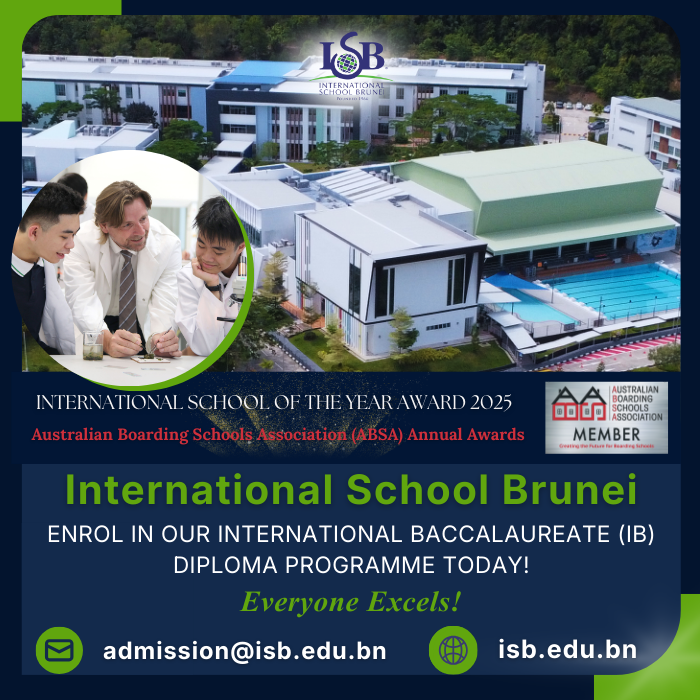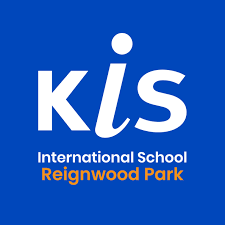Overview of the Education System in Singapore
The education system in Singapore is governed by the Ministry of Education’s “Desired Outcomes of Education” at primary, secondary and post-secondary levels. Generally, Singapore’s education system aims to create students with a good sense of self-awareness, sound moral compass and the necessary skills and knowledge to face obstacles in the future. After graduating from the system, students in Singapore should be confident critical thinkers, self-directed learners, active contributors to society and concerned citizens with a strong sense of civic consciousness.
Current Structure and Format
Education is compulsory for all Singaporean citizens and consists of six years of primary school, four years of secondary school, and one to three years of post-secondary school. On the other hand, kindergarten is optional — preschool education is offered by the Ministry of Education as well as private providers. The curriculum’s structure and syllabus is well-developed and is assessed with an end-of-course exam. Students in the fourth year of primary school are subjected to school-based tests that determine what level (band) they will study for English, mathematics, mother tongue, and science in the next two years. At the end of primary school, students aged 12 years old are required to sit for the Primary School Leaving Examination (PSLE) in English, mathematics, mother tongue, and science. Students are admitted to one of four pathways in secondary school based on their PSLE results.
Singapore Education Facts
English is used as the language of instruction for most subjects. Students will also study their ‘mother tongue’ language from an early age. The Singapore primary school curriculum develops students’ proficiency in English, their mother tongue language (Chinese, Malay and Tamil speaking students) and mathematics.
In secondary school, the curriculum is standardised for students aged 12 to 16 even though they enter different bands. Students in the more difficult bands are expected to perform at a higher level and achieve better academic results. Core subjects at secondary school are English, mother tongue language, mathematics, science, literature, history, geography, arts, crafts and design; and technology and home economics. Secondary school students will sit for the GCE O and N Levels to determine which type of post-secondary education they will pursue. The GCE A levels determine a student’s path in higher education.
The academic year in the Singapore education system is made up of two semesters. The first semester typically runs from January through to May, followed by a school break. The second semester starts in July, which runs until a break in November and December. Students also enjoy a shorter break in the middle of each semester.
Private and Public Schools in Singapore
There are several types of schools in Singapore. Government schools offer high-quality education with affordable fees. Government-aided schools follow the national syllabus and are mostly funded by the government. Independent schools have more flexibility in determining its fees and curriculum. In addition, there are specialised independent schools that cater to students with skills in mathematics, science, arts and sports, among others. Lastly, there are specialised schools that offer an experiential and hands-on learning approach to learning.
Teachers in Singapore
There are now over 50,000 teachers in Singapore’s education system. Teachers are responsible for performing continuous assessments of their students at all levels of education. Singaporean teachers follow the Singapore Teaching Practice as a model of teaching and learning to deliver effective results to their students. The Ministry of Education provides ongoing training to teachers through the Singapore Instructional Mentoring Programme, Teacher Work Attachment Programme, and Outstanding Educator-in-Residence Programme. In addition, teachers also organise learning communities and conferences to share the latest developments in pedagogy, curriculum, and assessment.
Average Cost of Education in Singapore
The cost of education in Singapore varies depending on the type of institution and level of education. Here is a general overview of the average cost of education in Singapore.
- Early childhood education: The cost can range from around SGD 500 to SGD 2,500 per month for full-day childcare and preschool services.
- Primary and secondary education: Public schools are heavily subsidized by the government with tuition fees typically ranging from SGD 13 to SGD 90 per month.
- Pre-university education: Pre-university education in public schools is also heavily subsidised by the government with fees ranging from SGD 6 to SGD 33 per month.
- Tertiary education: The cost of tertiary education varies depending on the type of institution and the course of study.
However, parents are subjected to small ‘miscellaneous’ fees, which are determined by the Ministry of Education. These fees are in addition to costs for uniforms, transport and school materials.
International Schools in Singapore Fees
Each international school in Singapore has a unique fee structure. Parents can expect to pay anything from USD15,000 to USD30,000 annually for tuition fees. International school fee structures also include registration fees, deposits, technology and maintenance costs.
Government Bodies Involved in Education in Singapore
The Ministry of Education is heavily involved in the country’s curriculum implementation. However, the ministry has been more flexible in recent years — encouraging schools to use the curriculum as a framework and adapt it to fit their students’ needs the best. For example, secondary schools are encouraged to develop additional courses to set them apart from other schools. Therefore, students have more of a direction when it comes to academics by choosing a school that fits their passions and interests.
Education Levels
Children aged three may enter preschools in Singapore. Primary school begins at the age of seven until 12. After that, students transition to secondary school until the age of 17. Students have to complete two or three years of pre-university studies to qualify entrance to the university of their choice.
Singapore education problems
Singapore’s education is known to be one of the best, topping world rankings in standardised tests annually. However, this academic achievement comes at a price. Children as young as seven years old suffer from high stress levels as a result of the competitive pressure from schools, their parents and society as a whole. Many have pointed out that Singapore’s education system focuses too heavily on academics — creating rote learners out of students for the sake of attaining perfect test scores. There is a lack of emphasis on soft skills such as critical thinking and problem solving. This high stakes environment at such a young age may have negative effects on social skills, mental health and physical well-being.
Singapore country stats
Singapore, once a British colonial trading post, is now a wealthy country in Southeast Asia. Over 5.9 million residents live in Singapore. The country is known as a leading financial hub and for its thriving economy. It is renowned for its conservatism and strict local laws and the country prides itself on its stability and security. There are four major languages spoken in Singapore which are English, Mandarin, Malay and Tamil.
Expats living in Singapore information
Singapore is home to over 160,000 expatriates who work in the 7,000 multinational companies operating in the country. International schools in Singapore mainly cater to the children of expatriates who have relocated to the country. It may be difficult for expatriates to enrol their children into local schools as their children need to sit for the Admissions Exercise for International Students (AEIS). Upon passing the AEIS, expatriate children will only be able to enter the local school system if there is a spot available. Only five percent of the total student enrolment in national schools is made up of international students. Strict regulations have also been implemented by the Singaporean government on the enrolment of local students into international schools. Local students need to obtain special permission from the Ministry of Education to gain entry into international schools.
Standard of living in Singapore
Singapore ranks highly in terms of economy, business climate, technology, and education. Residents of Singapore enjoy high-quality health care, education, personal safety, and housing standards. In addition, residents enjoy a safe and enriched high standard of living due to Singapore's economic status, cleanliness, and multicultural environment.
Public transportation in Singapore
The public transportation system in Singapore is efficient and well-planned. This includes the Mass Rapid Transit (MRT) which covers most of Singapore, the Light Rapid Transit and monorail systems. Other options include ferries, public buses, and taxis. Due to limited road space, driving in Singapore can seem like a luxury, and there are many rules and regulations to follow when owning a car.
Visa for family and students in Singapore
There is a wide range of visa options for those wishing to stay in Singapore for a long period of time. Expatriates can apply for an employment pass whereas the Entrepreneur Pass (EntrePass) is suitable for foreign entrepreneurs wanting to start and operate a new business in Singapore. International students are required to apply for a Student Pass.
References
- https://ncee.org/what-we-do/center-on-international-education-benchmarking/top-performing-countries/singapore-overview-2/singapore-learning-systems/#:~:text=In%20Singapore%2C%20compulsory%20education%20includes,years%20of%20post%2Dsecondary%20school.&text=Based%20on%20these%20results%2C%20students,four%20pathways%20in%20secondary%20school
- https://beta.moe.gov.sg/education-in-SG/
- https://www.bloomberg.com/news/articles/2022-03-16/singapore-s-expat-numbers-slump-for-second-consecutive-year?leadSource=uverify%20wall
- https://www.scmp.com/lifestyle/families/article/2111822/downsides-singapores-education-system-streaming-stress-and
- https://www.expat.com/en/guide/asia/singapore/1054-work-visas-in-singapore.html
- https://www.bbc.com/news/world-asia-15961759#:~:text=Singapore%20is%20a%20wealthy%20city,on%20its%20stability%20and%20security
- https://www.mom.gov.sg/working-in-singapore/
- https://www.now-health.com/en/expat-guides/singapore/
- https://www.worldometers.info/world-population/singapore-population/
-
https://www.moe.gov.sg/education-in-sg/our-schools/types-of-schools
- https://www.ceicdata.com/en/singapore/education-statistics-number-of-students-and-teachers-in-educational-institutions/teachers-total
































